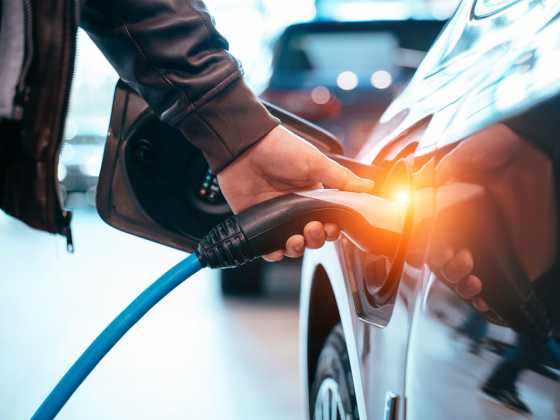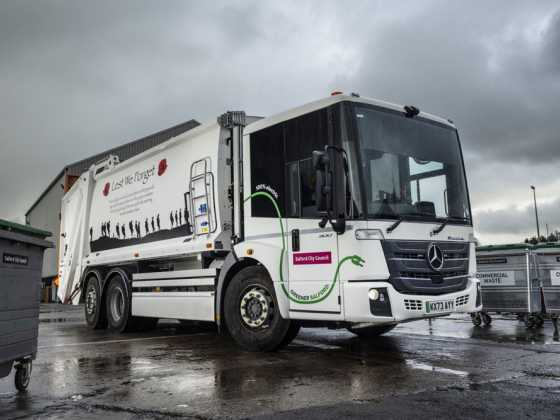New way of taxing drivers needed as UK transitions to electric

A report from the Institute of Fiscal Studies (IFS) has said that as the government reaches its aim of zero net emissions by 2050, revenue from fuel duties will completely disappear over the next few decades.
The IFS argues that taxes on motoring goes towards improving congestion, greenhouse gas emissions, local air pollution, noise, accidents and damage to infrastructure.
The report says the government needs to design new taxes which can gradually replace fuel duties. These should reflect on distance driven, and ideally vary according to when and where journeys take place. Those driving in busy places would pay more, but the majority of journeys would be taxed less heavily.
The report also finds that the only justification for retaining the annual vehicle excise duty (VED) on car ownership is if the government rules out using fuel duties to raise revenue in its place. Similarly, company car tax should not be linked to emissions if the government can set fuel taxes and the VED ‘showroom tax’ appropriately.
Rebekah Stroud, co-author of the report and a Research Economist at the IFS, said: “Cuts to fuel duties over the last two decades have contributed towards revenues’ being £19 billion a year lower than they would have been. Another 2p cut, as reportedly mooted by the Prime Minister, would cost a further £1 billion a year. The bigger challenge is that revenues are now set to disappear entirely over coming decades as we transition to electric cars. The government should set out its long-term plan for taxing driving, before it finds itself with virtually no revenues from driving and no way to correct for the costs – most importantly congestion – that driving imposes on others.”



